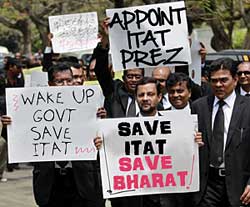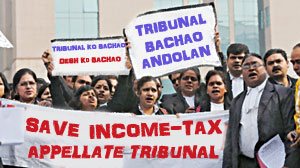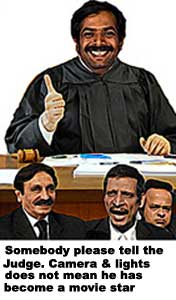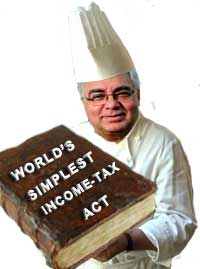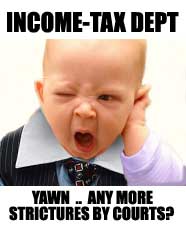
The author, an eminent senior advocate, expresses gratitude at the proactive role played by Courts in seeking to redress the inefficiencies of the department. However, while the strictures do shake the department out of its’ reverie for some time, the effect does not last long. The author suggests that a monitoring mechanism should be set up and the top brass of the department hauled up for non-compliance of the directives. The author has also identified the problem areas and suggested simple and cost-effective solutions to prevent the department from being on the wrong side of the law
As on 15-2-2014, the pendency of appeals and references before the Bombay High Court was more than 9,700, which includes 1,850 old references, 4,700 appeals admitted and pending for final hearing and 3,150 pending for admission. The Income-tax Appellate Tribunal Bar Association has made a representation to the Hon’ble Chief Justice of the Bombay High Court to constitute at least two tax Benches. We wish to express our gratitude to the Hon’ble Chief Justice for being kind enough to accept the request and constituted three tax Benches.


